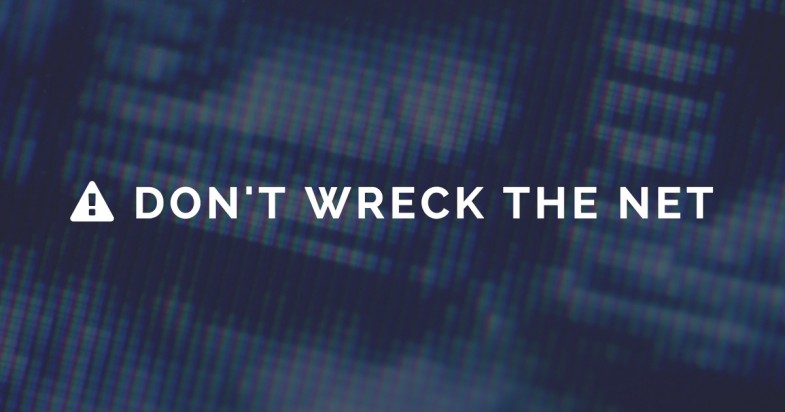Late last year, we told you about a worrisome effort by the European Commission to saddle the internet with unnecessary regulations. They had released an online “consultation” which was ostensibly part of the effort to create a “Digital Single Market” (a good idea in the world of a borderless internet), but which appears to have been hijacked by some bureaucrats who saw it as an opportunity to attack big, successful internet companies and saddle them with extra regulations. It’s pretty clear from the statements and the questions that the Commission is very much focused on somehow attacking Google and Facebook (and we won’t even get into the fact that the people who are looking to regulate the internet couldn’t even program a working online survey form properly). However, as we noted, Google and Facebook are big enough that they can handle the hurdles the EU seems intent on putting on them: it’s the startups and smaller tech firms that cannot. The end result, then, would actually be to entrench the more dominant players.
We helped created a “survival guide” for those who wished to fill out the (long, arduous) survey, and many of you did. We’ve now spearheaded a followup effort, which we’ve put up on the Don’t Wreck The Net site. It’s a letter to the EU Commission, signed by a number of internet companies and investors who care deeply about keeping the internet open and competitive. You can see the letter on that site, and it has already been signed by investors such as Union Square Ventures and Homebrew and a bunch of great internet companies, including Reddit, Medium, DuckDuckGo, Patreon, Automattic (WordPress), Yelp, CloudFlare, Shapeways and more.
Before sending it on to the EU, however, we’d love to get more companies, entrepreneurs, technologists, investors and more signed on. So if you go to the Don’t Wreck The Net site, not only can you see the letter we’re sending, but you’ll also get the ability to sign on. If you’re signing on as yourself, that’s easy. If you’re signing on on behalf of your organization, then we’ll need to reach back out to you to obtain proof that you have the ability to sign on behalf of that organization. No matter what, please look it over and consider signing on, as it’s important for the EU to recognize the consequences of what regulations they may place on the internet for the wider tech and startup ecosystem.

